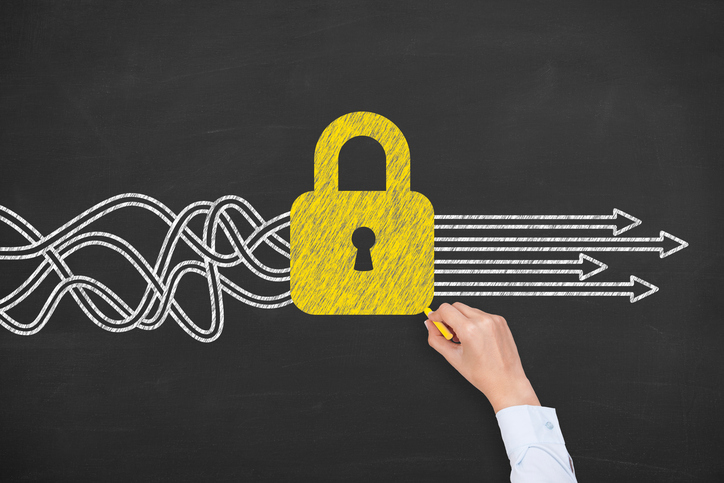OmniCom places a huge importance on e-Safety, and more recently e-Safeguarding in schools. Although the two are similar in some respects, e-Safeguarding covers more of the topics that we face in the 21st century (and in a greater detail). Often, e-Safety is defined as the safe and responsible use of technology, including use of the internet, texts, gaming devices and email etc. It’s as much about behaviour as it is electronic security. E-Safeguarding, on the other hand, helps to protect against a wide range of threats such as radicalisation, suicide and self-harm, online grooming and pornography for example.
In May 2016, the Government published their response in regards to Keeping Children Safe in Education. the statutory guidance states that all schools and colleges in England will be required “to have appropriate monitoring and filtering systems in place” with effect from 5th September 2017. Schools will now be expected to demonstrate a vigilant culture when it comes to online behaviour and must take immediate action if they are concerned about a child’s well-being.
The Department for Education published the consultation response document online and states “While the response to expecting schools and colleges to have appropriate online filtering and monitoring systems was overwhelmingly positive, respondents were cautious about relying too much on these systems to keep children safe online. Mobile devices will generally be out of the scope of schools’ and colleges’ filtering systems and it was recognised that pupils may be legitimately using their own devices in the classroom and certainly will be outside of school. To overcome this, educating pupils about staying safe online was cited as just as important as the use of filtering and monitoring software by a high proportion of respondents. There is a risk of over-blocking of legitimate sites which pupils may be using to find educational material.”
OmniCom fully endorses the view that educating young people about how to stay safe online is equally as important as having appropriate monitoring systems in place. This education needs to be part of a whole school community approach to safeguarding, which encourages students to act appropriately when using technology, both in and out of the school environment.

Did you know Ofsted inspectors will now be assessing physical and virtual factors as part of every
inspection? Online safety is now considered an integral part of a school’s safeguarding responsibility rather than a separate issue. OmniCom has invested in a piece of state of the art software, Future Cloud. Using the latest in cloud technology, the software provides a dynamic and intelligent active monitoring software solution based on capturing words and phrases which allow schools to track user’s behaviour online or offline on a PC, laptop or through a custom build browser on your iPad.
Future Cloud features an intuitive user interface that instantly displays problematic activity or behaviour. The software works as soon as an individual accesses the school’s network; any harmful digital content, activity or behaviour is immediately captured and the relevant member of staff is alerted. Advanced incident management means staff can identify and focus on more vulnerable children and learners. The software also features a dedicated radicalisation module, developed with multi-agency support and is updated on an on-going basis.
Working in conjunction with schools to educate children and OmniCom’s filtering systems, Future Cloud safeguards your institution from peer to peer cyber-bullying, instances of grooming, radicalisation, inappropriate and harmful behaviour on social media apps, exposure to racist, homophobic or extreme language and inadvertent exposure to inappropriate web content.
Find more details about the new legislation here. Alternatively, contact OmniCom for more details on e-Safeguarding and for Future Cloud pricing.

